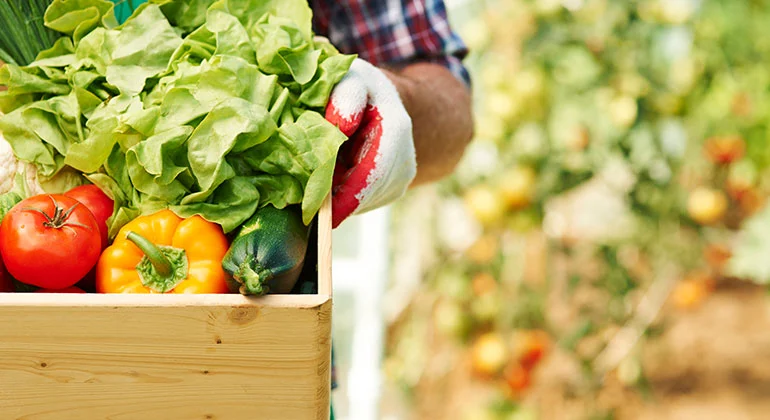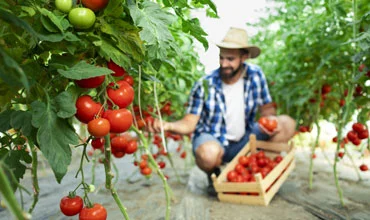
Season Vegetables
Seasonal vegetables are those that are naturally harvested during specific times of the year when they are at their peak in terms of flavor, freshness, and nutritional value. These vegetables are typically grown locally and are available in abundance during their respective growing seasons. Here’s a description of some common seasonal vegetables and the times of year when they are typically available:
Spring Vegetables:
- Asparagus: Asparagus is one of the first vegetables to appear in spring, usually from March to June in many regions. It is known for its tender spears and unique flavor, and it can be enjoyed steamed, grilled, roasted, or sautéed.
- Peas (English peas, sugar snap peas, snow peas): Peas thrive in cool spring weather and are typically available from April to June. They are sweet and tender, and they can be eaten raw or cooked in a variety of dishes.
- Radishes: Radishes are crisp and peppery root vegetables that are harvested in spring, usually from April to June. They come in various colors and sizes and are often enjoyed raw in salads or pickled.
Summer Vegetables:
- Tomatoes: Tomatoes are a quintessential summer vegetable, with peak harvest from June to September in many regions. They come in a variety of colors, shapes, and sizes, and they are used in salads, sauces, sandwiches, and more.
- Zucchini and summer squash: Zucchini and summer squash thrive in warm summer weather and are typically available from June to September. They have a mild flavor and versatile texture, making them suitable for grilling, roasting, sautéing, or baking.
- Bell peppers: Bell peppers come in various colors and are at their peak in summer, typically from July to September. They are sweet and crunchy, and they can be eaten raw in salads, grilled, roasted, or stuffed.
Fall Vegetables:
- Pumpkins and winter squash: Pumpkins, butternut squash, acorn squash, and other winter squash varieties are harvested in fall, usually from September to November. They have a sweet and nutty flavor and are used in soups, stews, pies, and other dishes.
- Brussels sprouts: Brussels sprouts are small, cabbage-like vegetables that are at their best in fall, typically from September to November. They have a slightly bitter flavor and are often roasted, sautéed, or braised.
- Sweet potatoes: Sweet potatoes are harvested in fall, typically from September to November. They are sweet and starchy and can be baked, roasted, mashed, or used in pies and casseroles.
Winter Vegetables:
- Kale: Kale is a hardy leafy green vegetable that thrives in cool winter weather and is typically available from November to March. It has a slightly bitter flavor and is used in salads, soups, stir-fries, and smoothies.
- Cabbage: Cabbage is a versatile vegetable that is harvested in winter, typically from November to March. It comes in various colors and shapes and is used in coleslaw, sauerkraut, soups, stews, and salads.
- Carrots: Carrots are sweet and crunchy root vegetables that are available year-round but are at their best in winter, typically from November to March. They are used in soups, stews, salads, and side dishes.
Our Benefits

World’s hottest destinations for vegans
The popularity of veganism has led to an increase in vegan-friendly destinations around the world, with many cities and countries offering diverse and delicious plant-based options
Let’s grow naturaly and live naturaly
- Growing food organically means cultivating crops without synthetic pesticides, herbicides, or fertilizers. Organic farming and gardening practices prioritize soil health, biodiversity, and environmental sustainability.
- Organic farmers and gardeners use natural methods such as composting, crop rotation, and companion planting to nourish the soil, control pests, and promote plant health.
Best vegetables for your healthy hair
Maintaining healthy hair involves a combination of factors, including genetics, proper hair care, and nutrition. While no single vegetable can guarantee healthy hair, consuming a balanced diet rich in vitamins, minerals, and antioxidants can support overall hair health

